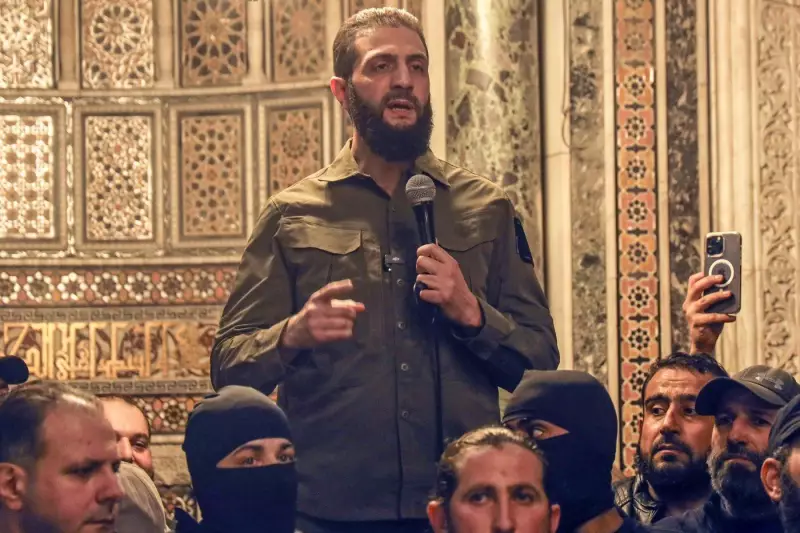
The geopolitical landscape witnessed an extraordinary development as Ahmed al-Sharaa, previously known by his nom de guerre Abu Mohammed al-Golani, completed a journey that few could have predicted—from leading global jihad efforts to participating in high-level diplomatic meetings at the White House.
From Battlefield to Negotiation Table
The transformation of Ahmed al-Sharaa represents one of the most dramatic political rehabilitations in recent Middle Eastern history. The man who once commanded extremist forces now engages in diplomatic dialogue with Western powers, including the United States government.
Historical records show Sharaa speaking at the Umayyad Mosque in Damascus in December 2024, a location symbolic of both religious significance and political power in Syria. This appearance marked a crucial point in his transition from military leader to political figure.
A Controversial Path to Legitimacy
The road to White House recognition has been fraught with controversy and complexity. Sharaa's background as a jihadist leader made his acceptance into international diplomatic circles particularly contentious among policy experts and regional observers.
His participation in White House discussions signals a potential shift in American foreign policy toward engaging with former adversaries when strategic interests align. The November 2025 meeting represents a significant milestone in this ongoing diplomatic recalibration.
Regional Implications and Future Prospects
This development carries profound implications for Middle Eastern politics and global counterterrorism efforts. The rehabilitation of figures like Sharaa suggests evolving approaches to conflict resolution and political reconciliation in protracted regional conflicts.
Regional analysts are closely monitoring how this unprecedented diplomatic engagement might influence ongoing peace processes and power dynamics within Syria and across the broader Middle East. The White House meeting establishes a new precedent for dealing with transformed militant leaders.
As international relations continue to evolve in unpredictable ways, the case of Ahmed al-Sharaa serves as a powerful reminder of how dramatically political landscapes can shift, even in the most entrenched conflicts.





